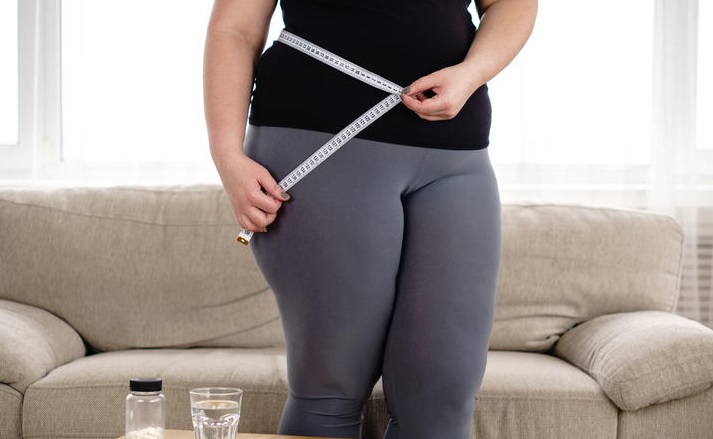If you want more energy then good sleep is imperative. In this article, you’ll find 6-Steps to sleep better at night naturally, which can make a profound difference in your quality of sleep.

Sleep is arguably the MOST important process our body goes through on a daily basis. It serves a multitude of functions, including:
Restoration – this is your body’s chance to repair and recharge.
Increased waste clearage from the brain – during sleep lymph draining from your brain is increased, which means more “junk” is removed (a good thing).
Development – REM sleep is especially important for the development of the brain and most other parts of your body.
Memory processing – sleep consolidates learning throughout the day and also allows us to have a better “working memory” while awake.
According to Centers for Disease Control and Prevention (CDC), if you experience sleep insufficiency you’re more likely to suffer from chronic diseases such as hypertension, diabetes, depression, and obesity, or maybe from cancer, higher death rate, along with reduced life quality and productivity.
How Much Sleep You Really Need
How much sleep you need will be unique to you and generally changes as you age.
The National Institutes of Health suggests that school-age children need at least 10 hours of sleep daily, teens need 9-10 hours, and adults need 7-9 hours.
Consider the following tips to sleep better at night naturally. Implement as many of these as possible and you’ll feel an unimaginable improvement in how you feel throughout the day.
1. Keep a Regular Sleep Schedule
In case you maintain a regular sleep schedule, going to bed and getting up at one time everyday, you will definitely experience way more refreshed and focused instead of if you sleep equivalent number of hours at different times.
2. Naturally Regulate Your Sleep-Wake Cycle
Several factors of todays modern life can disturb your body’s natural production of melatonin (a naturally-occuring hormone controlled by light exposure that aid in
normalize your sleep-wake cycle.) and with it your sleep-wake cycle. Melatonin disruptors include:
- Spending prolonged days in your workplace away from day light will affect your daytime wakefulness and make your brain drowsy.
- Bright light fittings at night (mostly “blue” light) commonly from your TV, PC, or smart phone screen—can decrease your body’s production of melatonin making it difficult to sleep.
3. Make Your Bedroom Sleep Friendly
You may make your bedroom sleep friendly by:
- Darken your room as the darker your bedroom, the better you’ll sleep.
- Keep your room temperature between 60-67 degrees Fahrenheit for a better sleep.
- Make your bedroom free of any noise.
- Your mattress should be comfortable and supportive.
4. Create a Relaxing Bedtime Routine
A peaceful bedtime routine sends a signal to your brain that it’s time to sleep and stop the day’s activities.
Here are a few relaxing bedtime rituals to try and sleep better at night naturally:
- Read a book in a soft light
- Take a warm bath
- Meditate
- Listen to a relaxing music
- Do some stretches
5. Eat Clean and Exercise Regularly
Your daily eating and exercise habits play a vital role in how better you sleep. Your eating routine before bedtime is very important.
Here are some helping dietary points:
- Try to dinner earlier in the evening, and avoid heavy foods within 2-3 hrs of bed.
- Alcohol before bed may make you fall asleep faster, but it reduces your sleep quality, waking you up later in the night.
- Don’t take caffeine after lunch or completely eliminate your overall intake.
- Avoid drinking too many liquids before the bedtime.
You’ll sleep more deeply if you exercise regularly. A 20 to 30 minutes of daily exercise helps you for a better sleep. Try activities, like, a brisk walk, a bicycle ride, or even gardening.
6. Manage Your Anxiety And Stress
Most anxiety and stress is self-induced by the meaning we give to a particular situation. Thus, we have the power to control stress – for the most part.
Here are a few relaxation techniques that can help you out to sleep better at night naturally:
- Try deep and slow breathing exercise.
- Try progressive muscle relaxation technique .
- Try to visualize a peaceful and calming place or activity.
- Before going to bed, spend 15 minutes writing down everything that’s on your mind.









